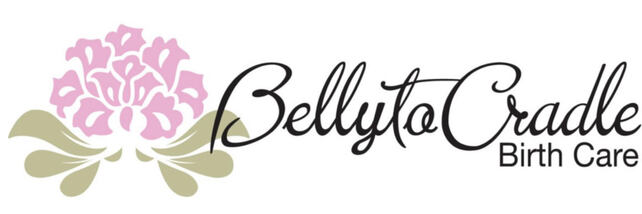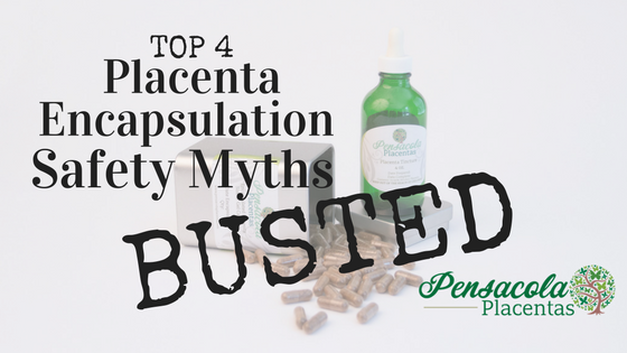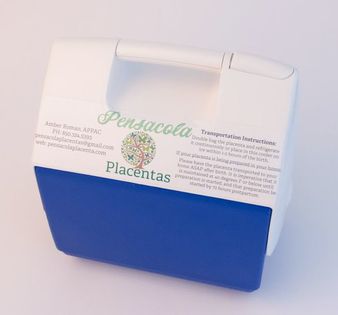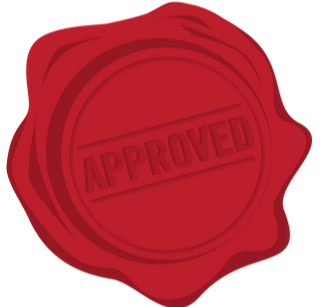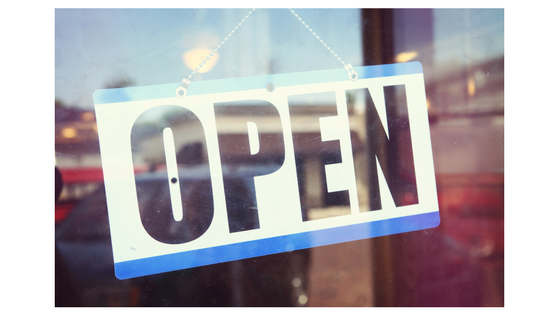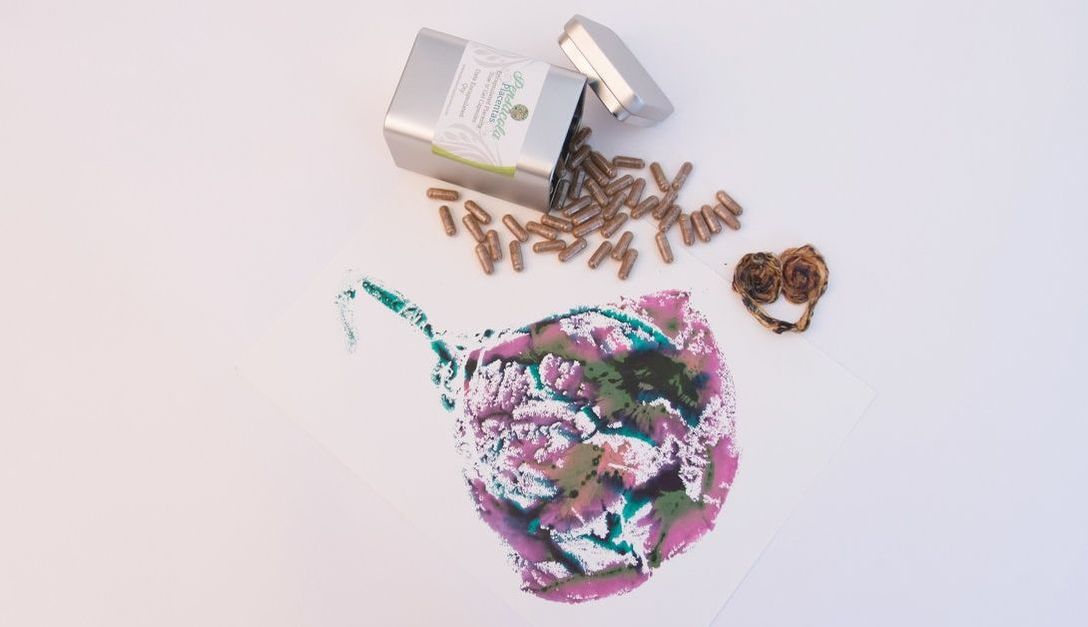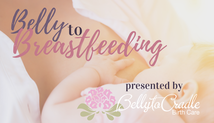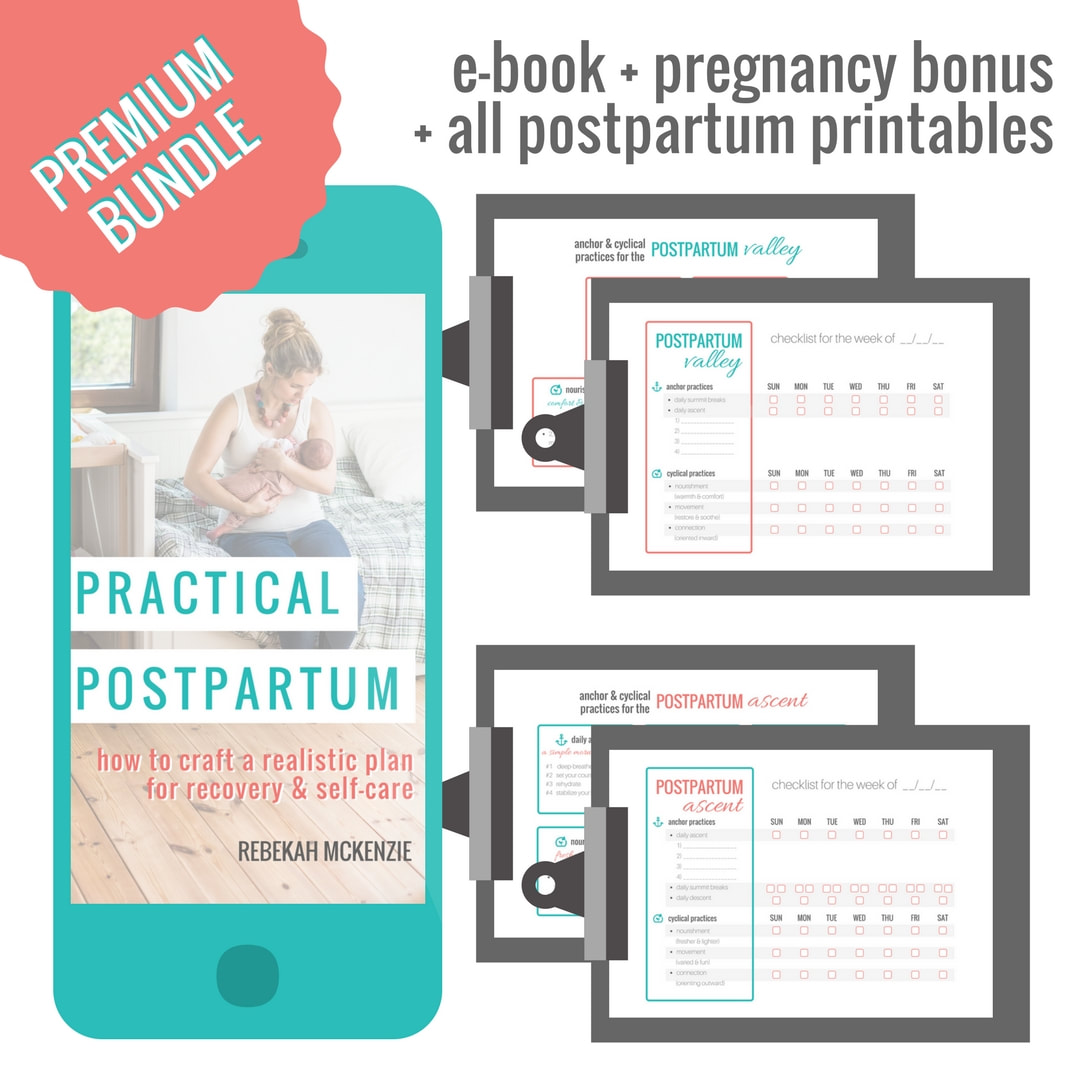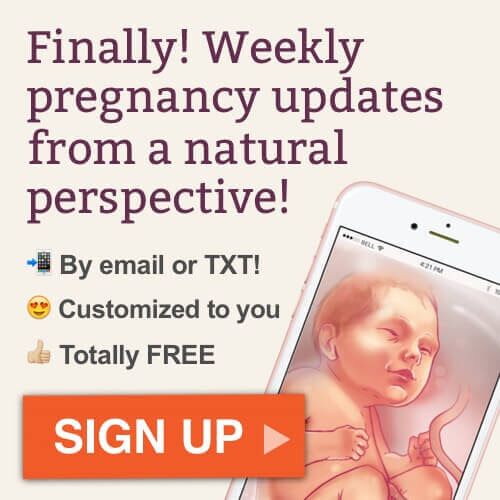 Amber, RN-BSN, ICCE, ICD Amber, RN-BSN, ICCE, ICD Back when I first started encapsulating placentas, way back in the olden days of 2011, things were a lot different. People talked about it in whispered conversations with looks of "Ewwww!" on their faces. I didn't even mention that I encapsulated placentas to 99.5% of the people I knew--and I didn't know of anyone else in town who provided the service. There was maybe one training organization for placenta encapsulation, and carrying placentas out of the hospital in unmarked coolers felt like black market smuggling. Well here we are, nine years later, and boy things are different. Tons of providers. Tons of talk about it on social media. Several certifying organizations. AND, instead of placentas being whisked out of hospitals in the dark of night, specialists (including myself) proudly provide branded coolers for placenta collection and storage. And instead of preparing the occasional placenta here and there, it's a THING for many encapsulation specialists who now prepare ten, twenty, even forty placentas a month! So now that it's more than socially acceptable to utter the words "placenta encapsulation", AND since 1) we've seen TONS of questions from moms on social media and 2) we've also seen TONS of potentially misleading information and unsafe practices being publicized, I'm about to bust the Top 4 Safety Myths we've come across about the process. Myth #1: Training Doesn't Matter Anyone can encapsulate a placenta. I mean how hard can it really be? All you do is cut it up, dry it out, grind it up and stick it in capsules, right? Let's rewind to 2011 when I was first asked by a childbirth education client about placenta encapsulation. Placenta encapsulation?? I had heard the term whispered in Facebook groups about birth, but I didn't know anyone who actually did it. And there was very little information on official training programs out there. When I started to do my research, it seemed like a majority of providers had learned from another provider or the always-available University of Google. I originally chose to train with a lovely midwife out of the local area who had been handling and processing placentas for her entire career--close to 40 years. And then I supplemented what she taught me with information from UOG (University of Google) and the knowledge base I had from several prior food handling certifications to make my offerings as safe as I thought I possibly could, not only for my clients but for my family. Well guess what? When I started my official certification in 2014 I was BLOWN AWAY by all the information I had overlooked, not known, or not found during my self-implemented training program. My training was so thorough that I realized I had only been cutting corners by not seeking official, structured training in the first place. And now, when I get inquiries from folks saying they are clients, but asking very specific questions about how I process, I sometimes wonder if they are actually trying to get into the industry the "old-fashioned way"--depending on information from already-established providers, and the good ol' U of G. A good training course will cover:
SO, be sure to look into your prospective placenta specialist's training. If you find pictures of their organization's training students barefoot with minimal personal protection, common sense says it might be worth thinking again before training with them OR hiring someone trained by them.
Myth #2: DIY Is the Way To GO!! Or is it? While doing your own placenta encapsulation might save you a few bucks when you've already shelled out a ton for baby supplies and medical bills, it could end up costing you in the long run. It's definitely POSSIBLE and maybe even necessary to process your placenta yourself, especially if you can't find a qualified provider in your area (like the missionary family I know who moved to Thailand this year). But...
Myth #3: Placenta Encapsulation is Regulated Um. Nope. It's not. This is both fortunate and unfortunate. Fortunate because if it WAS regulated, it would likely make the process prohibitively expensive and not very accessible to the common mother because of the licenses and facility standards that would be required (think...pharmaceuticals.) It's unfortunate because it sets the stage for specialists setting up shop who are practicing with little to no training in potentially unsafe environments, AND clients who don't know what the standards SHOULD be. So know this:
Myth #4: Placenta Encapsulation Should Never Happen in the Specialist's Home This is a commonly-held opinion; in fact there are two training organizations that require or strongly encourage specialists to ONLY prepare placentas in the client's home. Some clients do want this, BUT preparation in the client's home is not always the safest, when you consider things like kids, pets, or personal food prep alongside the placenta preparation process, and ESPECIALLY considering some of the things I have encountered while preparing placentas in client homes (preparation starts on one day and ends the next day) such as:
Here at Belly to Cradle/Pensacola Placentas, we are always down to answer any and all questions or concerns you might have about hiring us to prepare your placenta! So ask us--we'd love to provide safe, reliable, professional, and transparent placenta preparation for you! Visit the Pensacola Placentas website for more details and to book today! Questions to ask your Placenta Preparation Specialist:
4 Comments
6/16/2017 02:31:04 pm
This is a really good post. It explains everything clearly and highlights why training is so important!
Reply
6/16/2017 05:10:59 pm
This is the way it's done! Articulate, well thought out and super informative!
Reply
7/14/2021 01:15:53 am
Thank you for this very informative and useful article content tips for us. I also want to share my experience about the last vacation with my family in Europe we bring Genuine Haarlem Oil as our extra protection for viruses because it can boost our immune system to protect against diseases. Again.. Thank you and God bless. Hope you posted more informative content about healthy lifestyle.
Reply
Leave a Reply. |
This is us.We are Women. We are Moms. We are here to help your family blossom. Archives
September 2019
Search
All
|
Building 4
Pensacola, Florida, 32504
We proudly provide
Childbirth Education, Placenta Encapsulation, Lactation Consultations & Doulas
in Pensacola, Milton, Pace, Gulf Breeze, Navarre, Crestview, Ft. Walton, Florida.
Copyright 2017, Belly to Cradle, LLC.
Photo Credits: Kayla Reeder Photography, Lynette Sanders Motherhood Photography,
Savanna Morgret Photography, Finding Beauty in the Ordinary Photography,
& New Light Birth Photography
|
|
